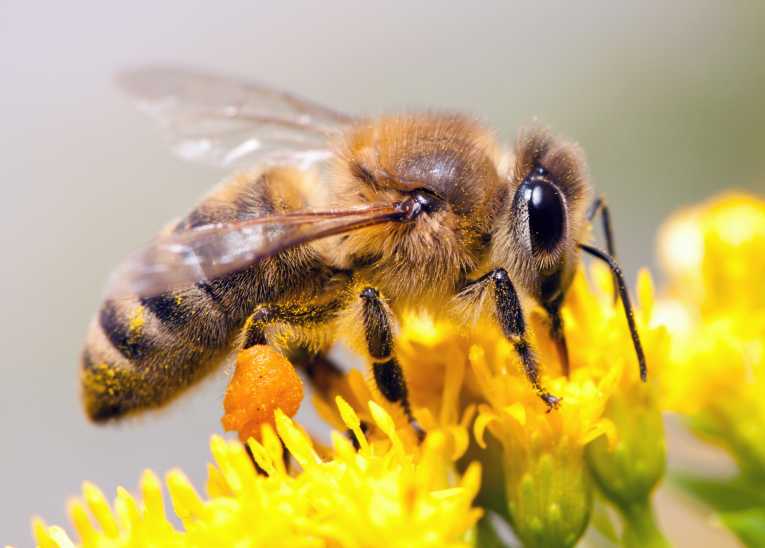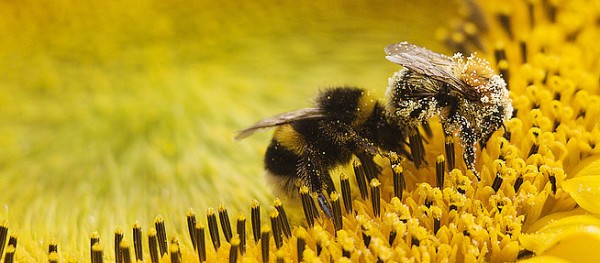New study suggests severe deficits in UK honeybee numbers

A study published by the University of Reading’s Centre for Agri Environmental Research suggests that honeybees may not be as important to pollination services in the UK than previously supposed. The research was published in the Journal Agriculture, Ecosystems and Environment.
As of 2007, 20% of the UK’s cropland was covered by insect pollinated crops like oilseed rape and apples. For decades the scientists assumed that honeybees have been providing the majority of pollination services to these systems but have very limited evidence to base this assumption on. But the study, which compared the number of hives present in the UK with the numbers research suggests are required to optimise crop yields, demonstrates that the UK has, at best, only 1/3 of the honeybees it needs.
This compares to 70% of its requirements in the 1980’s. These astonishing declines in the capacity of honeybees to satisfy UK pollination requirements have raised questions about what other species may be providing services to UK cropland.
“You would think that such a severe deficit in honeybees would cause massive loss of crop productivity” adds professor Simon Potts who led the study team. “However, examining yields of these crops since the 80’s, they have just kept going up. While some of that is down to better production systems, other species have probably stepped in to fill the gap left by honeybees.“
The results of the study demonstrate the need to explore what benefits UK crop growers are gaining from the UK’s 250 species of wild bees, many of which are now threatened by intensive agricultural practices.
However, the study also iterates that honeybees are still an important component in providing pollination services to UK agriculture with the authors citing examples from Scotland and the US where a combination of species is needed to maximise yield and quality. (SeedDaily)
Original publication: T.D. Breeze, A.P. Bailey, K.G. Balcombe and S.G. Potts, Pollination services in the UK: How important are honeybees?, Agriculture, Ecosystems and Environment, published online 20 May 2011, doi:10.1016/j.agee.2011.03.020.


Commenting rules and guidelines
We value the thoughts and opinions of our readers and welcome healthy discussions on our website. In order to maintain a respectful and positive community, we ask that all commenters follow these rules.